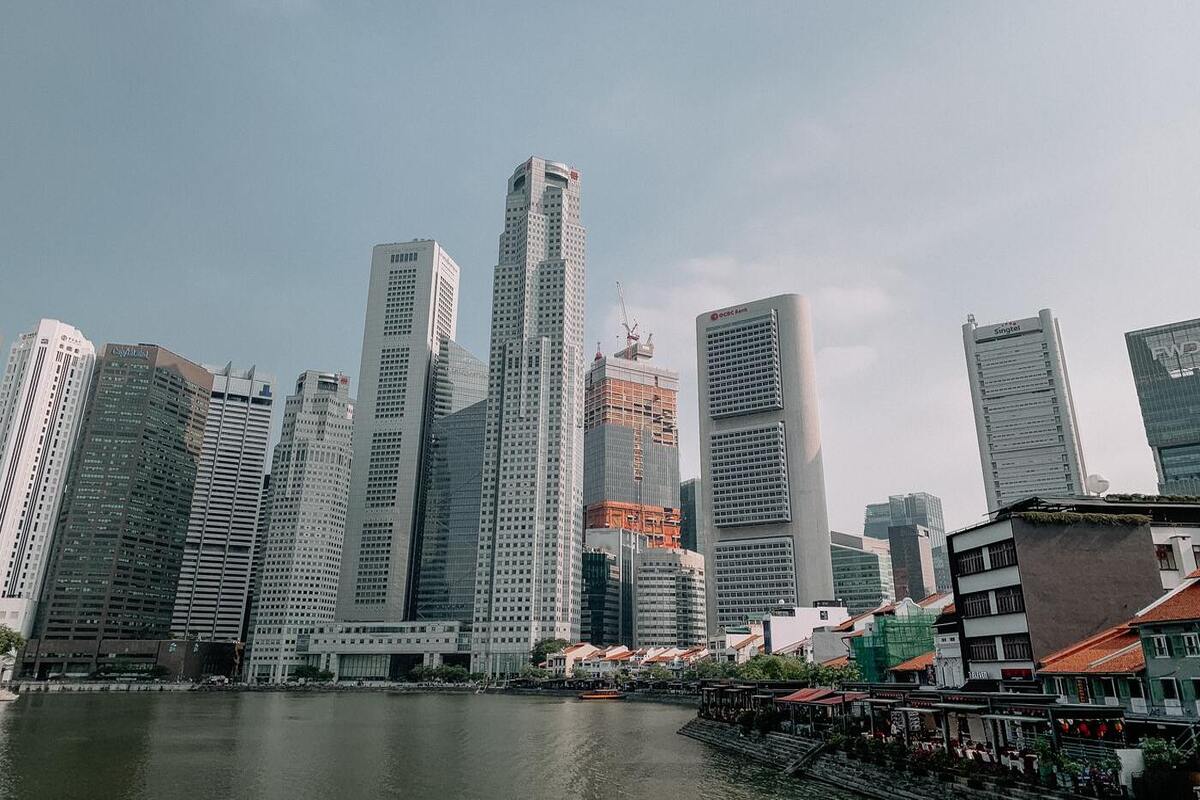Understanding Buyer’s Stamp Duty (BSD)
When it comes to purchasing property in Singapore, it’s important to be aware of various costs involved in the process. One such cost is the Buyer’s Stamp Duty (BSD). The BSD is a tax levied on the buyer of a property and is payable upon the purchase or acquisition of a property. Understanding how BSD is calculated and its rates is crucial for anyone looking to invest in real estate in Singapore. In addition, there is also the Additional Buyer’s Stamp Duty (ABSD), which applies to certain types of property buyers. In this article, we will primarily focus on breaking down the BSD rates for residential and non-residential properties, helping you make informed decisions before making any property purchases.
Note: The content provided on this blog is for informational purposes only. While every effort is made to ensure accuracy, it is recommended for users to verify all information with Inland Revenue Authority of Singapore (IRAS).
Rates and Computation
The BSD rate is computed based on the purchase price or market value of the property, whichever is higher. From 15 Feb 2023, the top marginal rate for residential properties is 6%, and the top marginal rate for non-residential properties is 5%.
| Stamp Duty Rates | ||
|---|---|---|
| Purchase Price or Market Value of the Property | BSD Rates for Residential Properties | BSD Rates for Non-residential Properties |
| First $180,000 | 1% | 1% |
| Next $180,000 | 2% | 2% |
| Next $640,000 | 3% | 3% |
| Next $500,000 | 4% | 4% |
| Next $1,500,000 | 5% | 5% |
| Remaining Amount | 6% | |
See also: Additional Buyer’s Stamp Duty Table
Buyer’s Stamp Duty Rates for Residential Properties:
The Buyer’s Stamp Duty rates for residential properties are determined based on the purchase price or market value of the property. Here are the current BSD rates for residential properties in Singapore (effective from 15th February 2023):
First $180,000: 1%
Next $180,000: 2%
Next $640,000: 3%
Next $500,000: 4%
Next $1,500,000: 5%
Remaining Amount: 6%
Example 1: If purchase price of $1,000,000:
First $180,000: 1% = $1,800
Next $180,000: 2% = $3,600
Next $640,000: 3% = $19,200
Total BSD payable: $24,600
Example 2: If purchase price of $3,200,000:
First $180,000: 1% = $1,800
Next $180,000: 2% = $3,600
Next $640,000: 3% = $19,200
Next $500,000: 4% = $20,000
Next $1,500,000: 5% = $75,000
Remaining Amount: $200,000 x 6% = $12,000
Total BSD payable: $131,600
Therefore, for a $3.2 million residential property purchase in Singapore, the Buyer’s Stamp Duty (BSD) would amount to $131,600.
Buyer’s Stamp Duty Rates for Non-residential Properties:
Similar to residential properties, non-residential properties in Singapore are also subject to BSD. The BSD rates for non-residential properties are the same as those for residential properties, except for the highest tier:
First $180,000: 1%
Next $180,000: 2%
Next $640,000: 3%
Next $500,000: 4%
Next $1,500,000: 5%
Remaining Amount: 5%
It’s important to note that the BSD rates are subject to change, so it’s always a good idea to check for the latest rates before making any property transactions.
Want to calculate your total payable stamp duty?
Here you may find our Stamp Duty Calculator (ABSD/BSD) to be useful.
Types of Property Acquisitions Subject to Stamp Duty in Singapore
When acquiring a property, there are various scenarios where stamp duty is payable. Here are some examples:
- Property purchase: This includes situations such as accepting an option to purchase or entering into a sale and purchase agreement.
- Property gifted with a declaration of trust: If a property is gifted and a declaration of trust is involved, stamp duty may be applicable. Please note:
- Declaration of Trust / Trust Deed:
- A fixed duty of $10 is payable on a Declaration of Trust/Trust Deed when there is no change in beneficial interest in the property.
- If there is a change in beneficial interest, the full stamp duty (BSD, ABSD, and SSD, if applicable) will be payable on the Declaration of Trust / Trust Deed.
- Declaration of Trust / Trust Deed:
- Distribution of property during the winding up of a company: Stamp duty may be payable when a property is distributed as part of a company’s winding-up process.
- Property distribution from an estate: If a property distribution from a deceased person’s estate does not align with the Will, Intestate Succession Act, or Muslim Law of Inheritance, stamp duty may be applicable.
- Resulting trust due to renunciation of interest: In cases where a person renounces their interest in a residential property held under a bare trust, stamp duty may be payable.
Renunciation of Interest in Trust over Residential Property by Beneficial Owner (Section 22C)
Under Section 22C of the Stamp Duties Act, if a beneficiary renounces their interest in a residential property transferred to be held on bare trust on or after 10 May 2022, the settlor must pay stamp duty (BSD and ABSD) on the transfer of the share of the residential property back to them.
For example, if a settlor sets up a trust where a residential property is held on bare trust for a sole identifiable beneficiary, and the beneficiary later renounces their interest in the property, a resulting trust is formed in favor of the settlor. The settlor is then required to pay BSD and ABSD (based on the settlor’s profile) on the transfer of the residential property back to them. More information on Renunciation of Interest in Trust over Residential Property by Beneficial Owner (Section 22C) can be found on the Singapore government website.
Manner of Property Acquisition
When acquiring a property in Singapore, stamp duty is payable in several situations, including through purchase, gift, distribution in specie upon winding up of a company, resulting trust pursuant to a renunciation of interest in residential property held under a bare trust, and distribution from the estate of a deceased that is not in accordance with the Will, Intestate Succession Act, or Muslim Law of Inheritance. If there is a change in beneficial interest in the property, full stamp duty will be payable on the Declaration of Trust/Trust Deed, while a fixed duty of $10 is payable if there is no change in beneficial interest.
Under Section 22C of the Stamp Duties Act, if any beneficiary renounces their interest in a residential property that is transferred to be held on a bare trust on or after 10 May 2022, the settlor must pay BSD and ABSD on the transfer of the share of the residential property back to them, based on their profile.
Requirement to Pay Buyer’s Stamp Duty
If you execute a document for the transfer or sale and purchase of a property located in Singapore, you are required to pay BSD. The amount of BSD is computed based on the purchase price as stated in the document to be stamped or the market value of the property, whichever is higher. If there is a cash discount stated in the document to be stamped, it may be deducted from the purchase price to determine the consideration for stamp duty purpose, provided that the nett price is reflective of market value. However, non-cash benefits, such as furniture vouchers or rental guarantees, are not deductible from the purchase price for stamp duty purposes.
If there is a single contract for the purchase of multiple properties, or if the purchases of multiple properties are dependent and conditional on one another, stamp duty will be calculated on the total purchase price of the multiple properties. In such cases, only one document needs to be stamped at ad valorem duty based on the total purchase price of all related properties.







2 Responses
Lovart AI Design Agent sounds like a game-changer for designers looking to blend creativity with AI efficiency. The tri-modal interaction and Figma integration are especially promising for streamlining workflows. Can’t wait to see it in action!
g30zlp